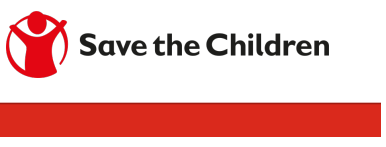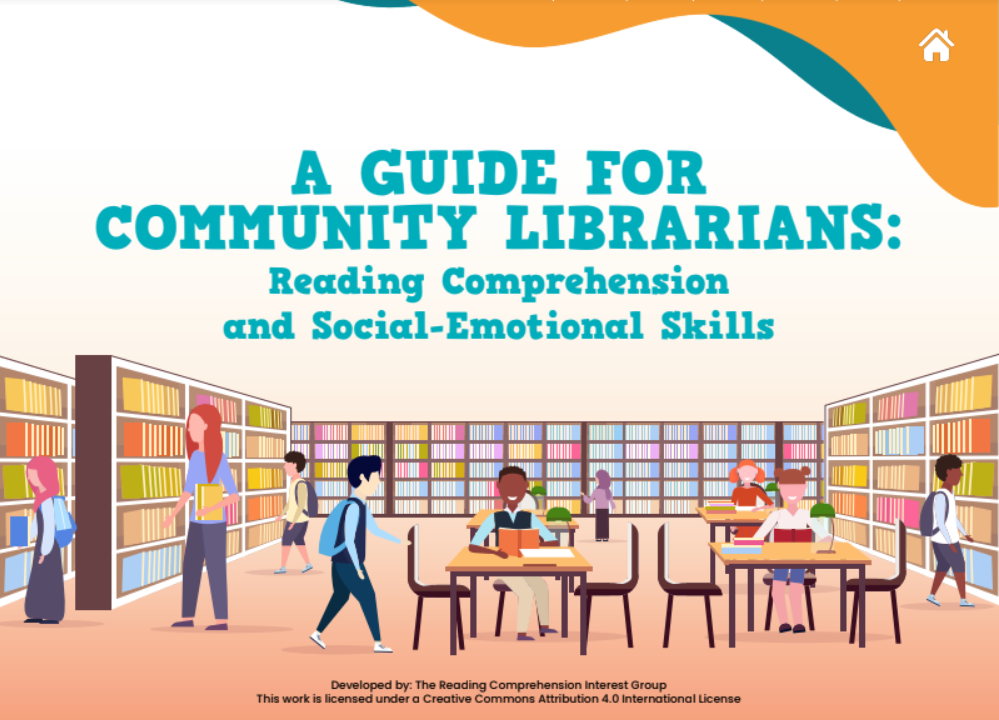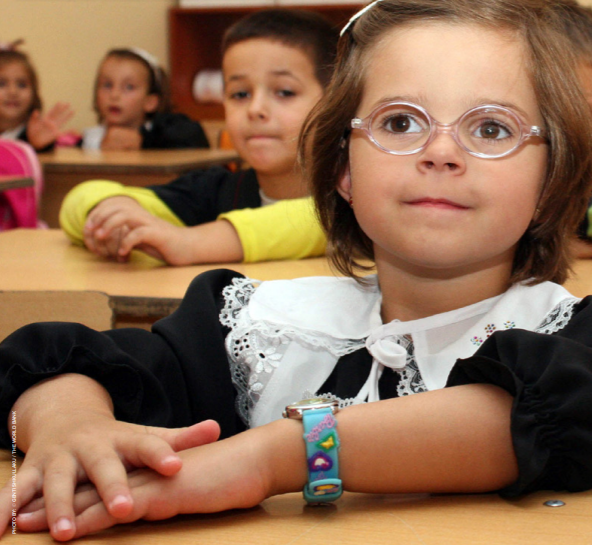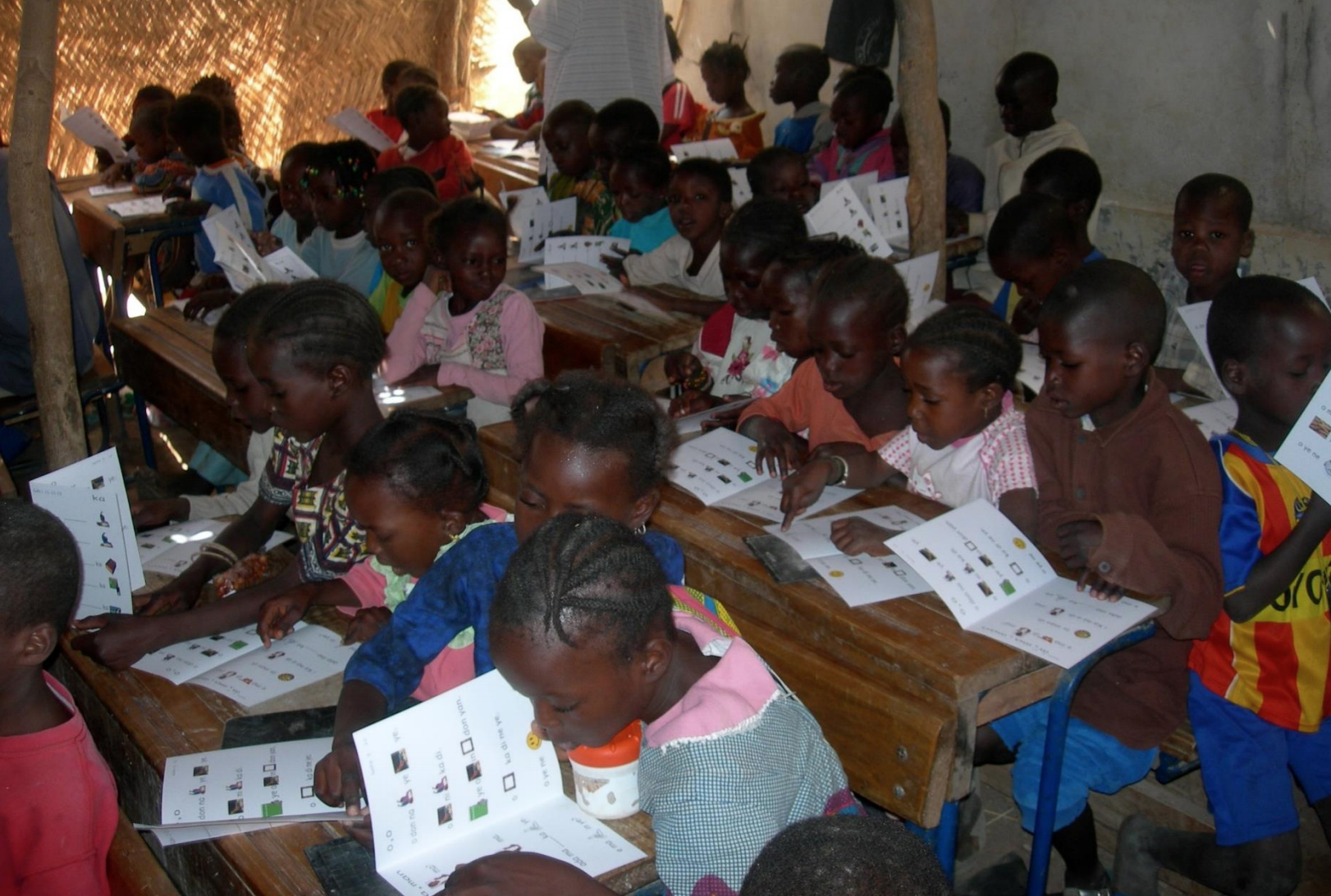This report recommends that since technology will not replace reading in the near future, it is imperative to use the technology to enhance it. Reading on paper will always remain important and enjoyable and this means that the printed book will never lose its value and importance. It is fundamental that parents, teachers and other stakeholders come together to cultivate and nurture a love of reading especially among children and assist in making reading a lifetime habit
Accessible Digital Textbooks using Universal Design for Learning
This document outlines the details of accessible digital textbooks (ADT), its benefits, and the ways it can be implemented in countries across the world. This initiative uses a universal design for learning that enhances the need for books like ADT not just for students with disabilities, but all students.
Textbook Development in Low Income Countries: A Guide for Policy and Practice
A Guide for Strengthening Gender Equality and Inclusiveness in Teaching and Learning Materials
USAID/RTI International, 2015
This guide advances global efforts toward greater gender equality and inclusiveness in education by providing guidance on how to develop and evaluate materials that are free of bias and that promote equality and inclusiveness of all marginalized, disadvantaged, and underrepresented groups.
Identifying the Essential Ingredients to Literacy and Numeracy Improvement: Teacher Professional Development and Coaching, Student textbooks, and Structured Teachers’ Guides.
World Development, 2018
This piece documents the Kenya Primary Math and Reading Initiative, a randomized controlled trial that evaluated the benefits of (1) teacher PD and teacher instructional support and coaching; (2) revised student books in literacy and numeracy, at a 1:1 ratio, added to PD and instructional support; and (3) structured teacher lesson plans added to student books, PD, and instructional support.
Realizing the Future of Learning: From Learning Poverty to Learning for Everyone, Everywhere
World Bank Group 2020
GBA partner the World Bank recently released a report. In it, the authors describe how the COVID-19 pandemic has exacerbated existing inequities which they called a “crisis within a crisis,” because of the sharp increase in students now living in “learning poverty,” that is, without school and/or appropriate learning experiences.
Survey of Children's Reading Materials in African Languages in Eleven Countries
RTI International 2016
This report provides a detailed description of the current supply of early-grade reading materials in African languages in the following 11 countries in sub-Saharan Africa: the Democratic Republic of the Congo (DRC), Ethiopia, Kenya, Malawi, Mali, Mozambique, Nigeria, Senegal, Tanzania, Uganda, and Zambia.
Where Have All the Textbooks Gone? Toward Sustainable Provision of Teaching and Learning Materials in Sub-Saharan Africa
Primary Math and Reading (PMIR) Initiative Baseline Report
USAID 2012
This report presents the baseline findings on the baseline (2012) status of Kiswahili, English, and maths skills for children in Class 1 and 2 in 220 schools randomly selected from the 500 PRIMR schools. Findings include greater reading fluency for children with access to books - results were consistent for both English and Kiswahili.













